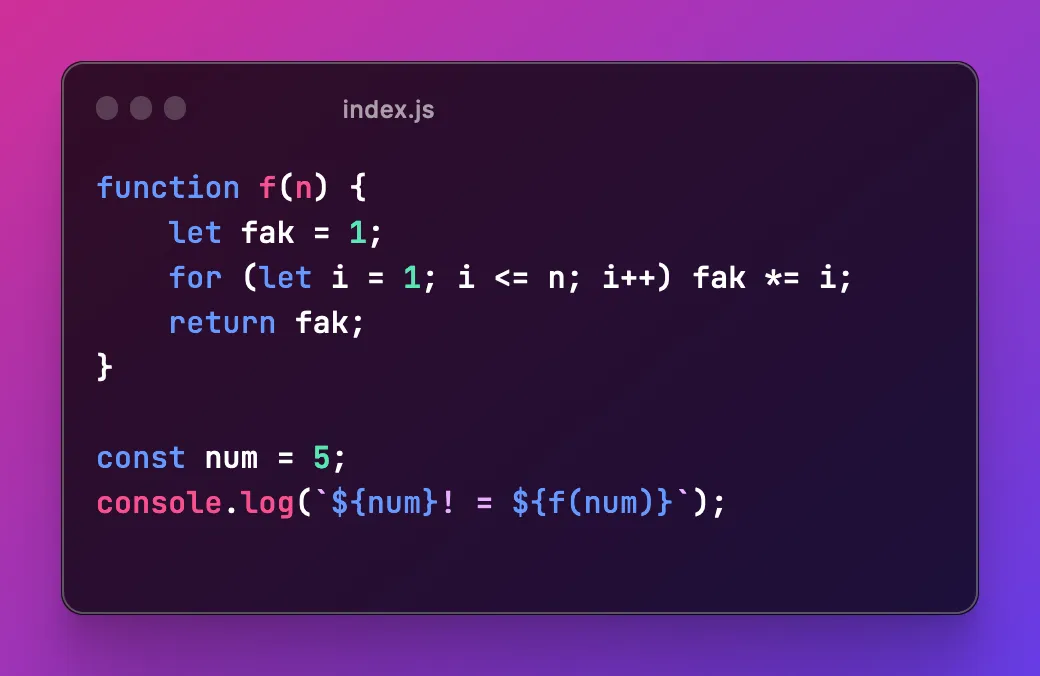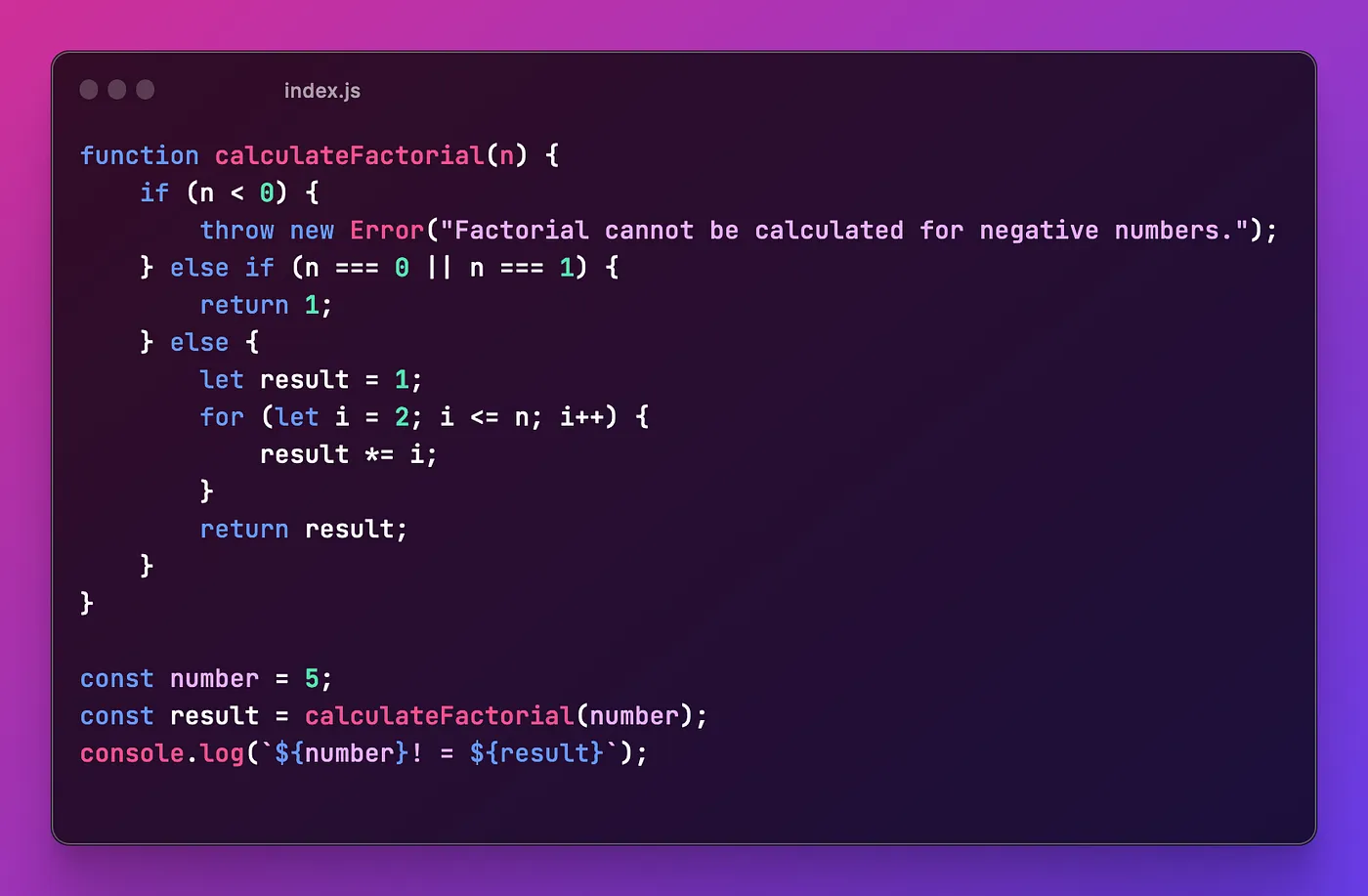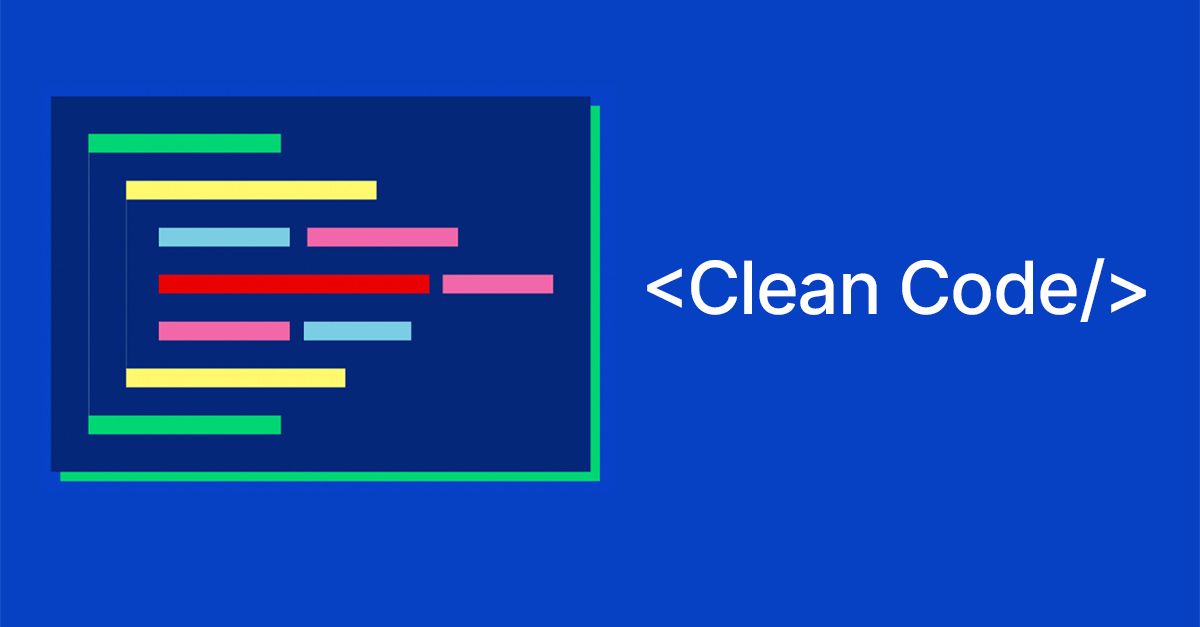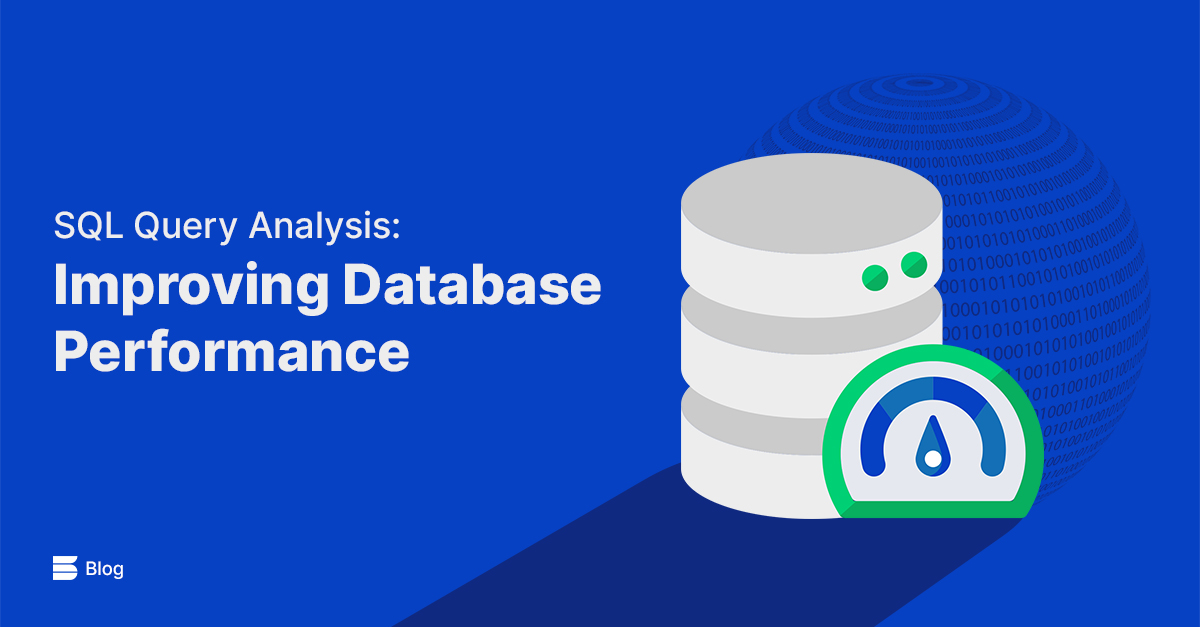Before we dive into the “clean code” subject, we’d like to make a suggestion. It is our professional opinion that every software developer should consider reading "Clean Code: A Handbook of Agile Software Craftsmanship" by Robert Cecil Martin. We intend to extensively discuss its merits within this piece.
What is the Clean Code?
As Robert Cecil Martin puts it, it is:
“The code written with minimal effort to accomplish a task.” (Robert C. Martin)
Clean code is a concept that goes beyond merely having stable functioning code. The primary aim of clean code is to enhance readability and enable a team or developer to fulfill their responsibilities optimally. In essence, clean code involves proper naming, readability, and maintainability.
The Characteristics of Clean Code
Understandable and Descriptive
As the name suggests, clean code should be understandable. Variable names, function names, class names, and overall code structure should be clear and meaningful. If a code requires comments to explain it, then it needs to be reviewed.
Modular
Code should be divided into dynamic and independent modules. Each module should perform a specific task and focus on a single responsibility. Instead of writing a long function, breaking it into smaller functions and then combining these smaller parts to accomplish a larger task would be more appropriate.
Usability
Clean code should be reusable. It should be easily usable in different projects to perform the same or similar tasks.
Testable
Clean code should be easily testable. This facilitates the debugging process and enhances the reliability of the software. Writing unit tests during project development is important for improving project quality and optimizing the development process.
Effective and Efficient
Code should work effectively and efficiently. Unnecessary complexities should be avoided, and performance factors should be considered.
Now, let’s look at the two different code examples, one representing clean code and the other representing bad code. Through these examples, we will better understand the importance of writing clean code.
As you can see, the bad code example is difficult to read and complex.

In the clean code example, even someone who doesn't understand software can understand the function's purpose just by looking at its name.

Principles of Writing Clean Code
DRY (Don’t Repeat Yourself)
Avoid repeating the same code. Reduce code duplication by creating reusable functions and modules.
KISS (Keep It Simple, Stupid)
The code should be as simple and understandable as possible. Avoid complex solutions and focus only on the necessary level of complexity.
YAGNI (You Ain’t Gonna Need It)
Avoid writing code for features that might be needed in the future. Focus only on current needs.
Open/Closed Principle
Instead of modifying a class's code to change its behavior, it should be extendable to add new behaviors.
The Importance of Writing a Clean Code
- Team Collaboration: Cleanode facilitates collaboration within a team. Readable and understandable code makes it easier for team members to understand and work on each other's code.
- Ease of Maintenance: Clean code makes maintenance processes easier. Making changes or debugging code is faster and more error-free with clean code.
- Project Continuity: Adding new features or making changes happens more smoothly on a clean code base.
Is Writing Comments(?) Important?
Comments play a significant role in a project; however, if comments are constantly added to explain what a variable, function, or class does, it means the code is poorly written. Comments should be used, especially in complex algorithmic situations.
In short, trying to explain the code constantly with comments is often a sign of bad code and can lead to time wasted in the development process.
In a Nutshell
Writing clean code is an art in software development. A good software developer can enhance the quality of software not only by writing functional code but also by creating clean, understandable, and maintainable code.
Embracing the principles of clean code is the key to progressing successfully and effectively in the software development process.


